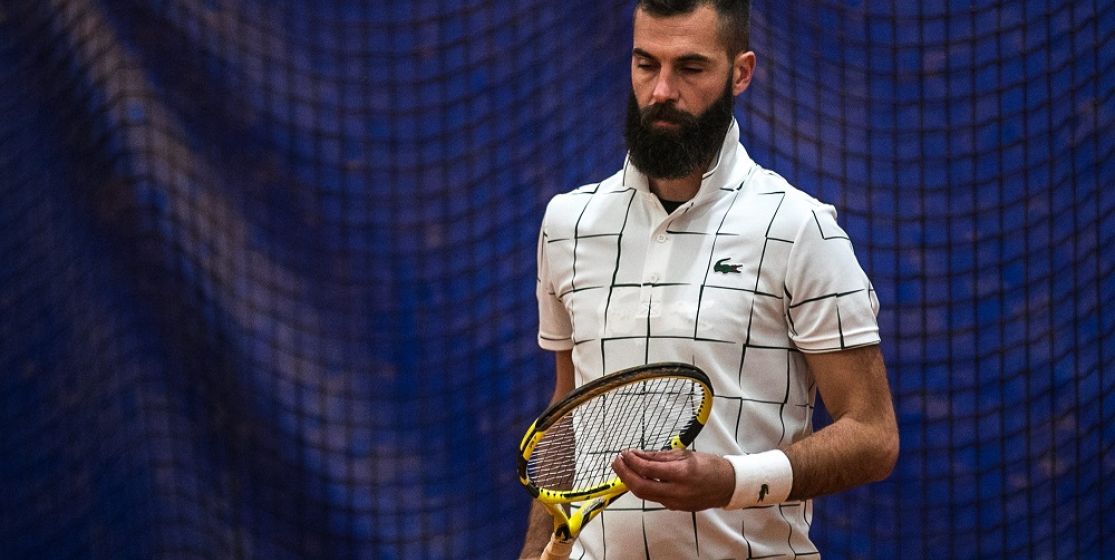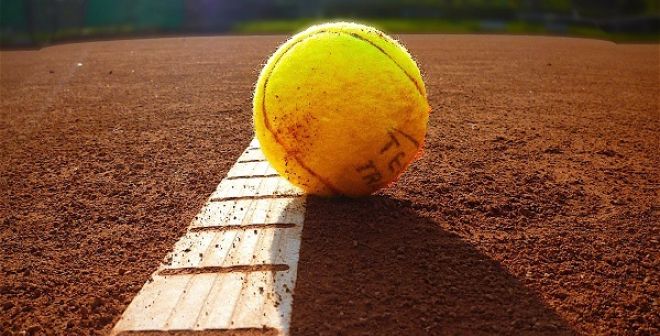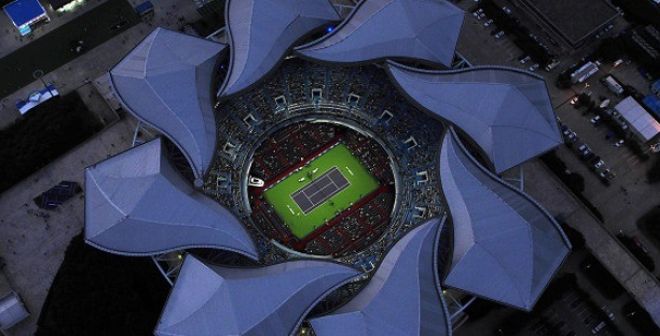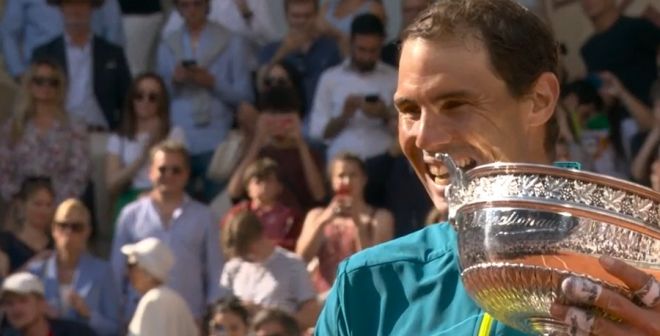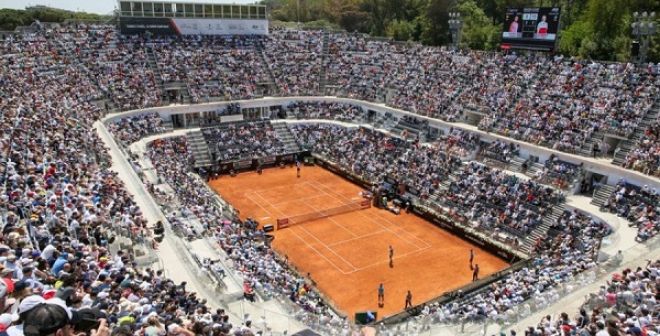The world continues to be in turmoil with coronavirus. Vaccines are progressing but still the level of uncertainty rocks people to their core and the mental anguish and stress can be debilitating. I wrote about my own level of depression a year ago. The situation hit home, as it turned out on April’s Fools Day, 1st April 2020, when Wimbledon announced its cancellation.
Hearing “The Championships have been cancelled” was a kick in the guts and realisation hit home. There was no quick fix to what was developing as an invisible enemy marched forward.
Tournaments have suffered. Livelihoods have been greatly affected. Atmosphere which players thrive on, apart for a brief time during the 2021 Australian season, was crushed.
It was pretty much a case of what is the point in being on a tennis court. Living in bubbles, living in quarantine restrictions was questioned and questionable. A level of uncertainty remains about the schedule and the changeable nature of the environment.
It all plays on the mind and mental health.
The renowned and highly respected Australian peak performance specialist and author, Dr. Ann Quinn said: “It is certainly challenging times for professional players. Some will cope well with all the bubbles and restrictions and remain focused on their training and the opportunities to play again and travel, whilst others stuck in hotel quarantine and bubbles will struggle and dwell on the tough times.
“It is thus really important they get help and support. If anything, this period has highlighted the importance of the necessity to develop their mental strength, just as much as they do their physical strength.”
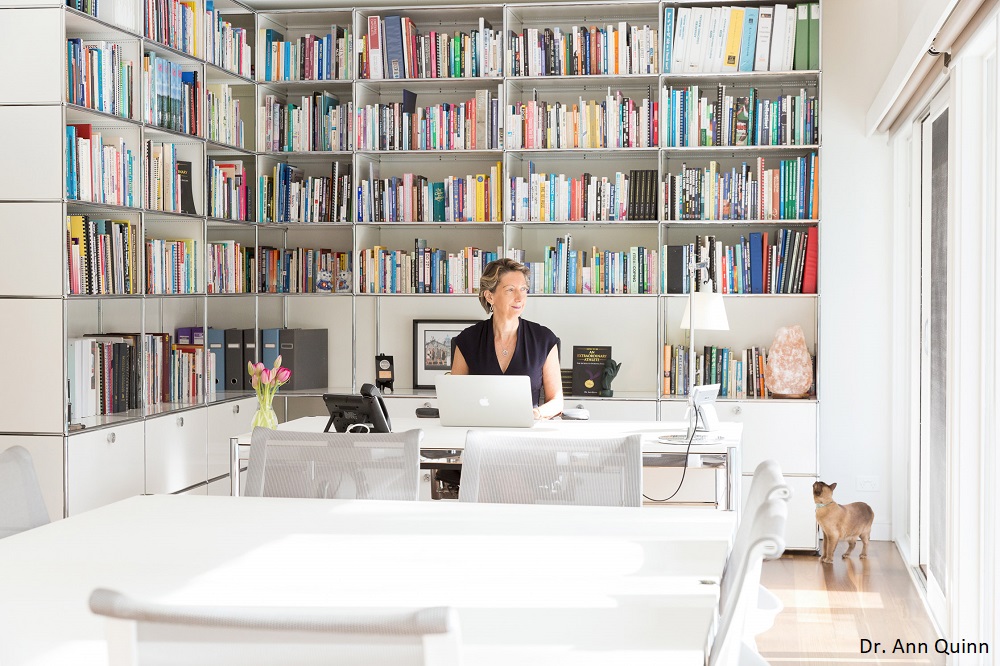
It is tough. It is so, so tough especially when pretty much your whole life has allowed freedom to move around, doing what you love doing.
All those connected with the Australian Open and the lead-in events to the Open did a remarkable job staging eight tournaments in arguably the worst situation. They tried incredibly hard to provide the best environment possible and overall succeeded.
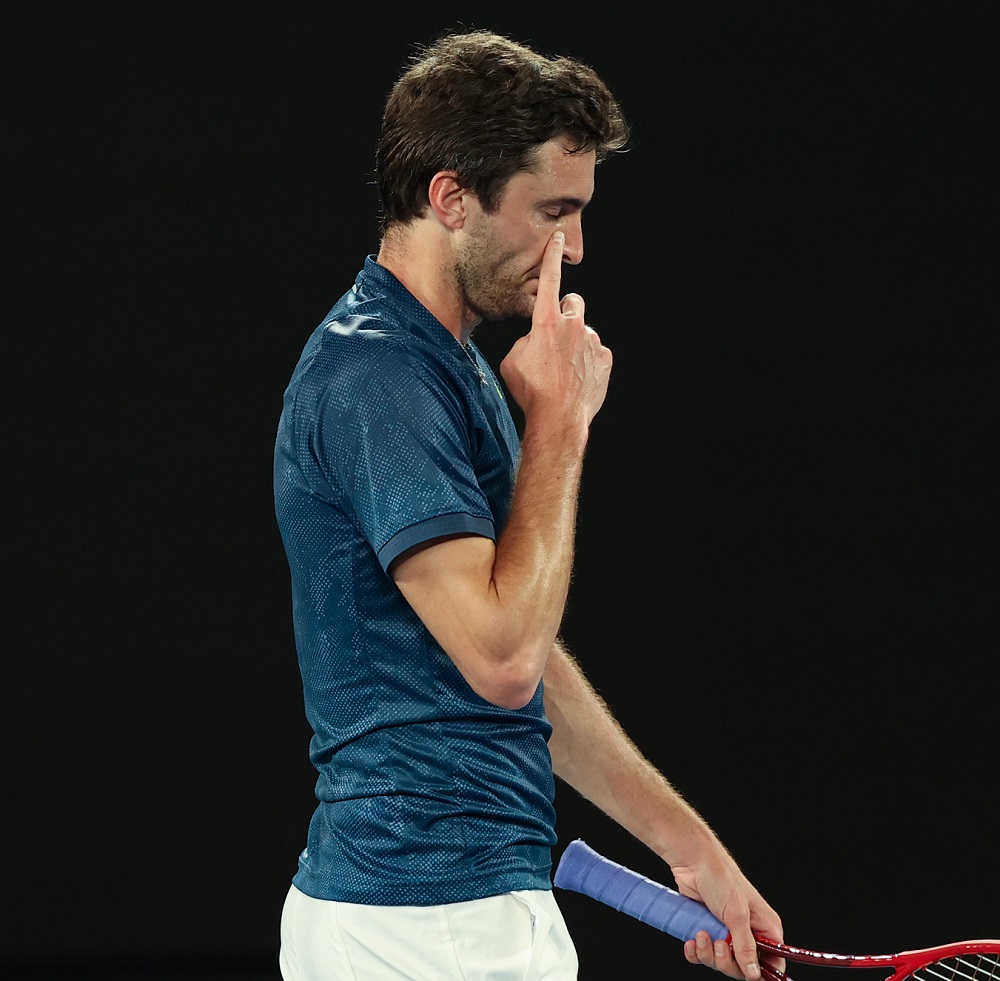
No one, not a single person, said the situation was ideal but what it did, despite the extreme hardships was to give players the opportunity to play, and for the most part, play in front of fans. In Australia, once the quarantining that been served, players were able to essentially roam without hindrance; Simona Halep expressed her excitement about evening walks around Melbourne city.
Dr. Quinn said focus on positives and live with gratitude and with that make time to appreciate the life you have and to appreciate how lucky you really are.
“To reduce worries, it is important to know the facts, the rules around what you must do and to understand the risks,” she explained. “Reframe what you are thinking and focus forward realistically. The way we think affects how you feel and thus how you respond to a situation. Focusing on more positive and powerful words to inspire you. Thinking like a winner begins in your mind!”
French player Benoit Paire has recently come in for plenty of criticism. While he’s known to be a bit eccentric at times, some past players have been suggesting that disciplinary action should be taken on him for “tanking” following comments he has made.
“I lost in the first round, so much the better; I will be able to get out of the bubble fairly quickly and enjoy a few days before Miami. I’m hoping to be able to go to the beach and the pool,” Paire said. “I’m not happy on the court. I don’t touch my racquets (between events) at all. It makes no sense to pay anyone on the tour at the moment.
“Tennis is not my priority for the moment. Getting out of the bubble is the only goal I have at every tournament. I arrive, I take some money and I go to the next tournament. I do my job. I’m on my own. I have nothing, no coach, no physio. I’m not training. I’m not ready for the big matches.”
He is quoted as saying he gets to an event, gets his prize money and carries on. He said the tour has become “sad, boring and ridiculous” and that “tennis (has) become a tasteless job”, but he still wants to “try to just rediscover the pleasure of playing tennis”.
It was Kim Clijsters who read the Benoit Paire situation more deeply and on Twitter said maybe it is “a sign that he needs help”.
Having people around him is a matter he should reconsider. Dr. Quinn makes it clear that it should be of high importance to have people that will listen, that will provide support through the tough times and always be there. Trying to get through tough moments alone only amplifies and magnifies the situation.
“Create an exciting vision for where you want to be, and all you would love to achieve on and off the court. Naomi Osaka is a great example of this during Covid. She stopped playing so much and took time to reflect on what really mattered to her and got engaged in those things off court, championing the Black Lives Matter Movement,” Dr. Quinn said.
“When we act in true alignment with our values, we step into our greatness. Working like crazy to be in your best shape possible, getting mentally stronger and working on your game is another great goal during times like these. Where there is a will, there is a way. Even in small, confined spaces, you can do so much. It was great to see so many players being innovative in their hotel rooms in Melbourne during the AO.
“Winners visualise exactly what they want to achieve. They see it. Michael Phelps used to spend two hours a day visualising all aspects of his performance for example (so) make time to mediate and connect to the power of your Extraordinary Mind.”
It all comes down to the way you look at things and life. Tennis players are no different.


